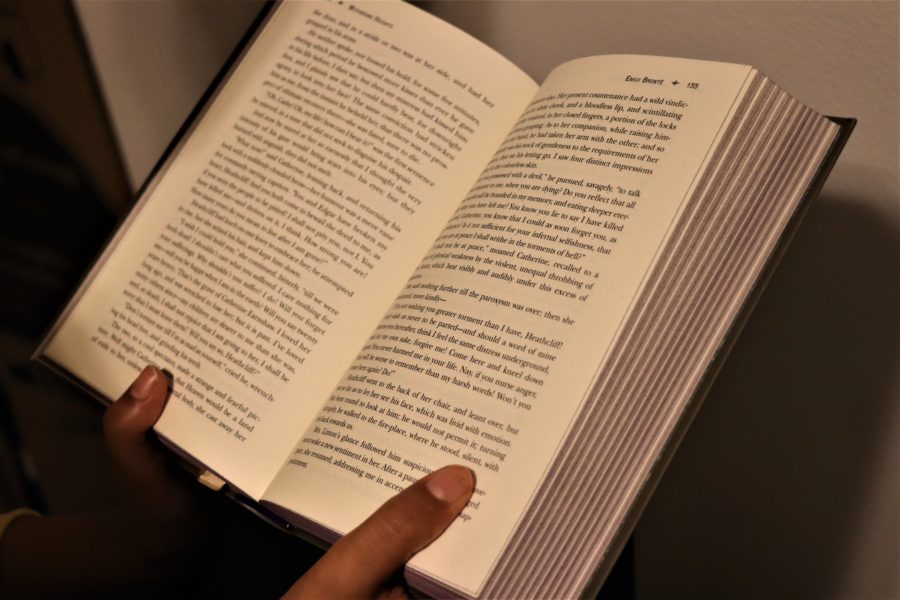If you feel like you are seeing fewer books and more phones in the hands of students, you are not alone. It is not at all an uncommon sight to see a group of young people sitting together but immersed in their phones.
It may be true that today’s youth read more words overall than young people ever have in the past, but there is a problem. These words are on a screen.
They are reading fragments of information: a text here and a few sentences of an article there before becoming bored and moving on. Much of the so-called reading that students do today consists of jumbled scraps of information from a variety of sometimes questionable sources.
According to research from the journal Psychology of Popular Media Culture, teens in the 2010s spent more time online and less time with books and magazines. This might not be a surprise, but the decline of young people reading print media is especially steep. In the 1990s, 33% of tenth-graders reported reading a newspaper every day. By 2016 that number was only 2%.
Statistics regarding books are similarly drastic.
Reading books is now considered a chore by students. According to a survey from the American Psychological Association, one-third of teens have not read a book for pleasure in over a year.
A common misconception is that students are watching more TV and reading less. According to the APA, time spent watching TV is actually declining in young people while time spent on social media is increasing drastically.
Social media is taking over the way people live their lives. It is considered by many to be a faster and more convenient way of entertaining oneself. It is instant gratification, and if you get bored, it is easy to move on to something more interesting.
With the attention spans of young people growing increasingly shorter, books simply cannot compete. Students are finding it harder and harder to sit down and focus their attention on one individual task for more than a few minutes at a time, making reading impossible.
Studies have shown that the rate at which students read for pleasure has a drastic effect on academic performance. According to a study by Pearson.com, students who read for pleasure develop a broader vocabulary, increase general knowledge and understanding of different cultures.
Some might argue that students have more access to information than ever before. This is true, but it seems that this is not being taken advantage of. Rather than reading about topics that interest them and learning about other cultures and the world around them, young people opt to spend the majority of their time online using social media.
Social media has been proven to have negative effects on mental health, and that is why it’s concerning that it is slowly replacing reading. This is not to say that students should quit social media completely, but it might be in their best interest to pick up a book for a few hours.

























